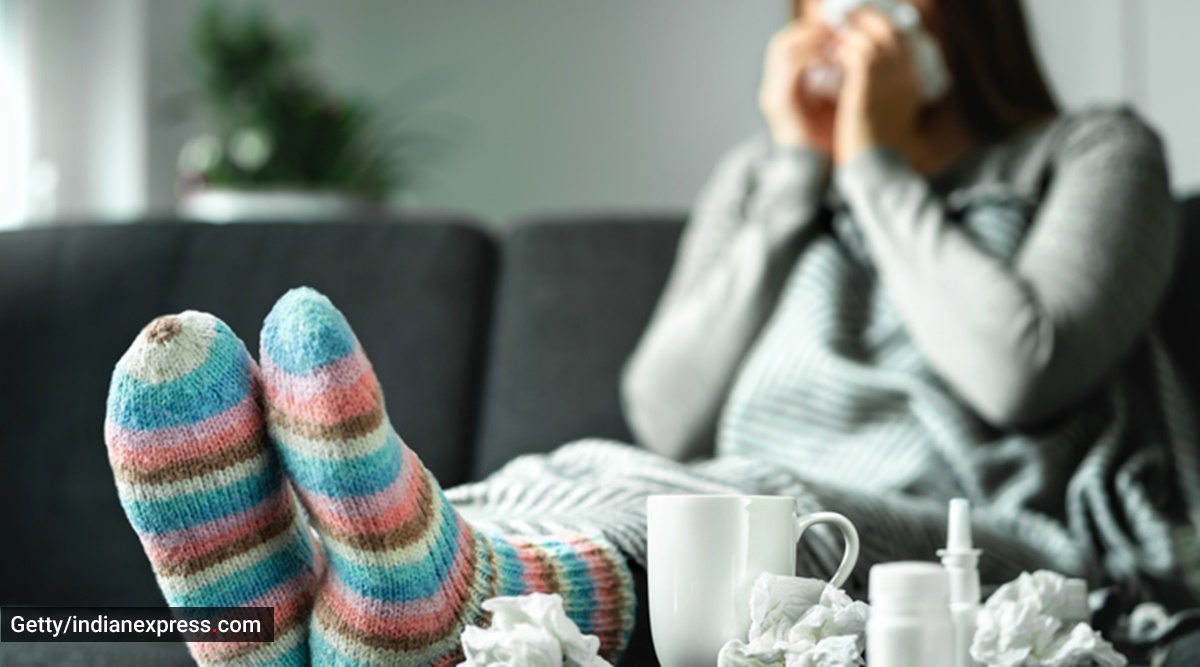 Commonly known as the flu, influenza is a viral infection caused by specific viruses, but is more severe than a common cold. (Photo: Getty/Thinkstock)
Commonly known as the flu, influenza is a viral infection caused by specific viruses, but is more severe than a common cold. (Photo: Getty/Thinkstock)Colds are very common in children, especially during seasonal changes, which are known to activate viruses. Their symptoms include a stuffy or runny nose, sneezing, sore throat and ears, cough and headache. There’s no single treatment that can cure colds but the right approach does help in managing the condition better. Remember that children are susceptible to cold and flu because they haven’t had a chance to build immunity to the many viruses that cause colds. As your child gets older, colds tend to peter out.
“For common cold, you should take basic medication like decongestants. Please note that viral infections take at least three or four days to recover from,” says Dr Vineet Kwatra, Senior Consultant, Department of Pediatrics, Medanta Hospital, Gurgaon.
Should there be fever, “paracetamol should be recommended as it also helps in sore throat. Older kids may use OTC anti-allergic medicines if required. Don’t give OTC cough and cold medicines to a child younger than four years old unless the doctor tells you to do so,” says Dr Vikram Gagneja, Consultant Pediatrics, HCMCT Manipal Hospitals, Dwarka.
“Do not start antibiotics immediately ever. Especially not on day 1. Wait for the cough and cold to get better and if it does not within 48 hours, then speak to a doctor and only after his direction, start antibiotics. Most importantly do not use nebulizers without the direction of a doctor. Many people make the mistake of using it for each bout of cough and cold and it is not required. Use only saline nose sprays,” adds Dr Kwatra.
Subscriber Only Stories
Dr Kwatra also lays down a steam inhalation protocol. “Steam inhalation is important – ensure the child is in a room which is of normal temperature (without the fan) and the steam can be taken using lukewarm water (no need to mix medication in the same). After steam, make sure the child stays in the same room for 10 minutes till their body temperature returns to normal – then they can be shifted to another room,” says he.
“Stream inhalation helps in clearing secretions, but it should be used with caution, especially among children, to avoid burns of any kind. Nebulisation is only for a specific type of cough and should be used only after the doctor’s advice. Patients having symptoms of wheezing cough are only prescribed certain types of nebulised medicines,” says Dr Gagneja.
Both doctors also recommend giving your child plenty of fluids, preferably soups, rest and keeping them away from smokers. Keep your child home till the fever has subsided. And should your child have breathing problems, you can use a cool-mist humidifier in your child’s room at night to make breathing easier.